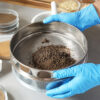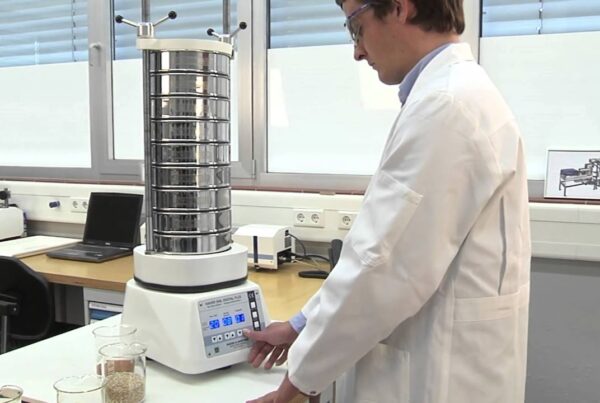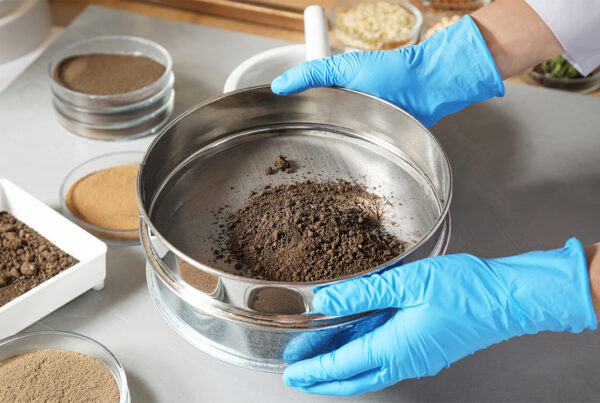The importance of lab mixing in scientific research and development cannot be understated. Laboratories are the breeding ground for innovation. Experimentation and analysis lead to groundbreaking discoveries. Lab mixers are among the many tools available to researchers. They play a crucial role in reproducibility and accuracy. This blog will explore the many benefits of lab mixers and how they can contribute to the success in diverse scientific endeavors.
Enhanced homogeneity
The use of lab mixing techniques can improve the homogeneity of sample preparation. The mixing process is used to ensure uniform distribution, reducing the chance of unreliable results caused by uneven concentrations. It is especially important in industries like pharmaceuticals and foods, where consistency is key. With their precision and control lab mixers enable researchers to achieve a level homogeneity which would be difficult to achieve using manual methods.
Time Efficiency and Productivity
Lab mixing techniques are a great way to increase productivity and save time in research environments. Manual mixing methods are time-consuming and prone to error. Lab mixers automate mixing, allowing researchers the freedom to concentrate on other aspects of work while the equipment takes care of the tedious and complex task of blending. It not only speeds up experimentation, but also increases throughput. This allows researchers to run more tests in a shorter timeframe.
Cost Savings and Resource Optimizations:
Cost considerations are a constant in the dynamic world of research. Lab mixers can help reduce costs by reducing material waste and the need for repeated experiments due to inconsistent mixing. Lab mixing techniques are precise, allowing researchers to rely on their accuracy. This allows them to optimize resources. This is particularly important in industries that have limited or expensive raw materials, which makes every experiment an investment.
Versatility across industries:
Lab mixers are used in a wide range of industries. This shows their adaptability and versatility. Lab mixing techniques have universally proven to be beneficial in a variety of industries, including pharmaceuticals, biotechnology and food, beverage, and materials science. These researchers use lab mixers for a variety of tasks, from dispersion to dispersion to emulsification. Lab mixer are indispensable because of their adaptability. They support advancements across a wide range of scientific fields.
Precision in Research With Lab Mixer
Lab mixers are a staple tool in the world of laboratory mixing. These specialized machines offer unmatched precision and allow researchers to control variables like speed, duration, or mixing intensity with incredible accuracy. Lab mixers equipped with the latest technology ensure that experiments are performed under standard conditions. This facilitates reproducibility and comparison of results. This level of precision can be crucial for studies in which even small differences can have a profound impact.
Conclusion:
The benefits of lab mixing techniques are felt across the scientific landscape. They influence the results of experiments and contribute to the advancement in knowledge. Lab mixers are essential for ensuring homogeneity and accuracy in research settings. They also save time, reduce costs, and ensure efficiency. Lab mixing techniques are an essential part of scientific toolkits, as laboratories will continue to be epicenters for innovation. They propel discoveries and breakthroughs in uncharted territory.








